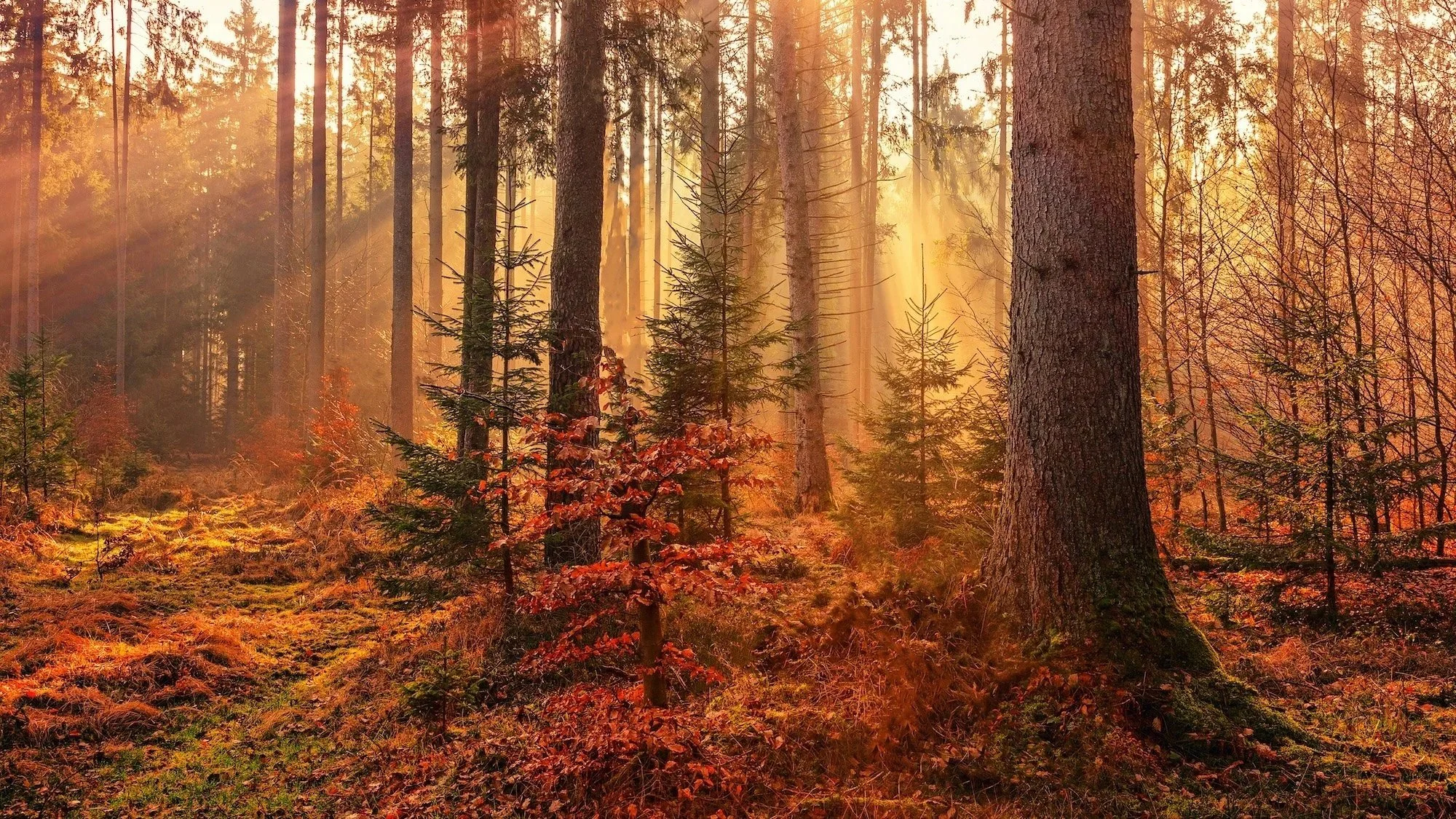Immersion.
Christ wears “two shoes” in the world: Scripture and nature. Both are necessary to understand the Lord, and at no stage can creation be seen as a separation of things from God.
~ John Scotus Eriugena, 9th century Irish monk
Since the fading of Celtic Christianity in the ninth century, the church has been largely blind to the sacred effulgence of God woven into the created order. Creation cries out, says the psalmist! In the words of The Message Bible, “God’s glory is on tour in the skies, God-craft on exhibit across the horizon. Madame Day holds classes every morning, Professor Night lectures each evening” (Ps 19). Which brings us to an important question:
Just how well have we learned to understand Madame Day and Professor Night?
Nature is God’s first Bible according to Meister Eckhart, a German monk from the 13th century. The apostle Paul seems to agree: “Since the creation of the world God’s invisible qualities—his eternal power and divine nature—have been clearly seen, being understood from what has been made” (Rom 1:20). Why are we not as diligent as students of creation as we are students of the Bible? What have we missed of God’s divine self-disclosure by not paying attention to stone and tree and sky?
In last week’s post, I explored how we often feel disconnected from this world, but today I want to look at just how thoroughly the kingdom of heaven participates in the kingdom of earth, how it interpenetrates the quiet words they speak and invites us deeper into divine encounters. But here’s the thing: The sacred potential here is more than enjoying a peaceful walk in the woods; it’s about learning a new language.
It’s about learning God’s language that is uniquely spoken through creation. We might call it “creation-ese.”
This is more than it seems. You don’t have to be super-spiritual or super-smart, but you do have to be willing and motivated to learn something new. And with intentionality, creation itself will become your tutor!
The gospels tell us that twice a voice came from the heavens to declare Jesus’ belovedness. Maybe creation is always speaking, but we don’t quite know how to interpret it. I want to learn the language of stream and birdsong, of sunrise and falling rain. I want to perceive the secrets of God that are hidden in plain sight. Don’t you?
Creation doesn’t compete with the Bible; it amplifies and expands upon it. The Bible offers us precious insights from God-seekers over several thousand years, but creation was speaking long before Moses got on his “laptop”… and continues its sacred soliloquy long since John penned his mystical apocalyptic visions on the island of Patmos.
When Jesus said that the Advocate, the Holy Spirit… will teach you all things and will remind you of everything I said, it seems to me that at least part of the Spirit’s mentoring flows through the presence of God embedded in the created works. Every natural thing, including the animal world, came into being (spiritually speaking) through the spoken “God said….” And those divine words linger still. How will we learn to comprehend them?
Just as the best way to learn a foreign human language is to immerse yourself in that cultural world, the best way to learn creation-ese is to immerse yourself in the created world. Without other humans. Without technology. Without distraction. Practice hearing the Spirit’s words wafting on the wind and chattering within the rustle of branches and scurry of critters. Awaken all your physical senses and then activate your spiritual senses. The more you do, the more you will hear… and the more you will become a student of Madame Day and Professor Night.
growing your soul
Take a language-learning walk out in creation this week for focused listening… and then articulate what you are hearing.
serving our world
What are you hearing that is meant to land in you for the service of others?
takeaway
Listen. Learn.

